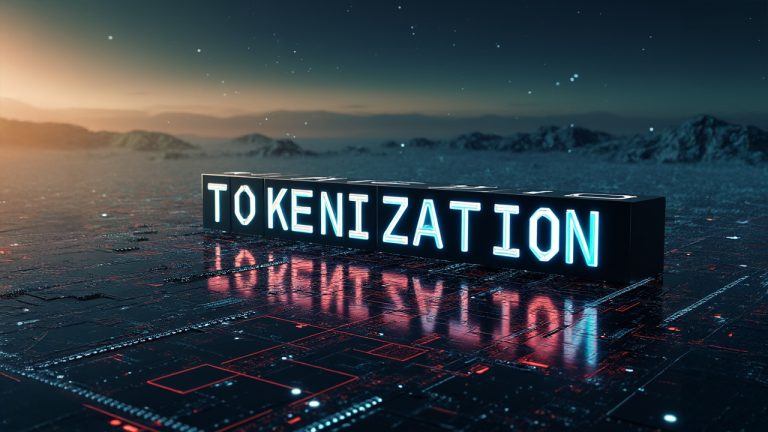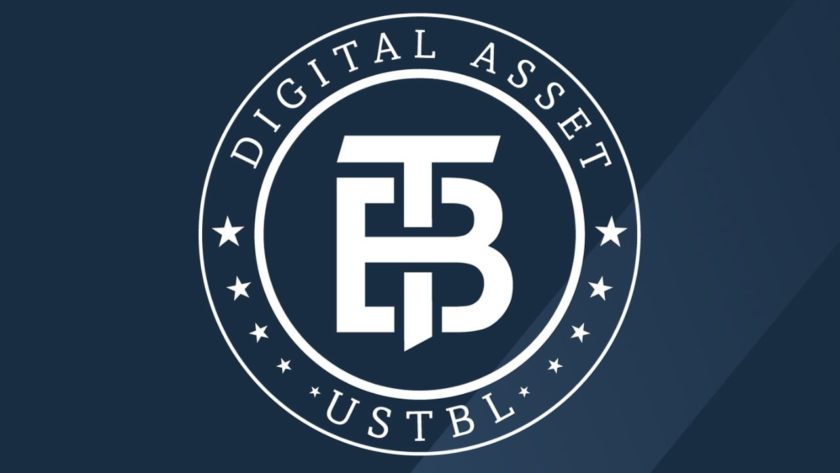London-based global funds network Calastone is switching its entire system for fund trade clearing services to blockchain this May, Reuters UK reports today, Dec. 3.
Calastone processes mutual fund trades for over 1,700 financial companies, including JPMorgan Asset Management, Schroders, and Invesco, according to Reuters.
The move will transform current services by using a shared ledger to automate the nine million messages that are sent between counterparties every month, reportedly worth over £170 billion ($217 billion).
As Reuters notes, the incumbent system requires three separate messages to be sent digitally between enterprises whenever they buy into a fund: the first to place an order, the second as a receipt, and the third to confirm the price. “The more you can automate, the more you de-risk, you more you streamline, the more you speed up,” Andrew Tomlinson, chief marketing officer at Calastone, told Reuters.
Calastone cites data from “Big Four” audit firm Deloitte, which estimates that adopting blockchain technology could save the global fund industry — excluding the U.S. market — £3.4 billion pounds ($4.3 billion) every year by optimizing trading and settlement processes. As Reuters notes, the fund industry is increasingly squeezed by rising costs, in part incurred by toughened regulation introduced after the 2008 financial crisis.
In a separate interview today with the Financial Times, Calastone CEO Julien Hammerson said that at present, funds are “hampered by continually rising costs and threat of competition, ultimately rendering the current system economically and operationally unsustainable.”
As previously reported, Calastone published its in-house research earlier this year, which suggested that using blockchain could save mutual funds up to $2.6 billion.
Last month, global post-trade market infrastructure giant the Depository Trust & Clearing Corporation (DTCC) — whose Trade Information Warehouse (TIW) provides event processing services for around 98 percent of all credit derivatives transactions in the global marketplace — entered the testing phase of its replatforming to distributed ledger technology (DLT).




